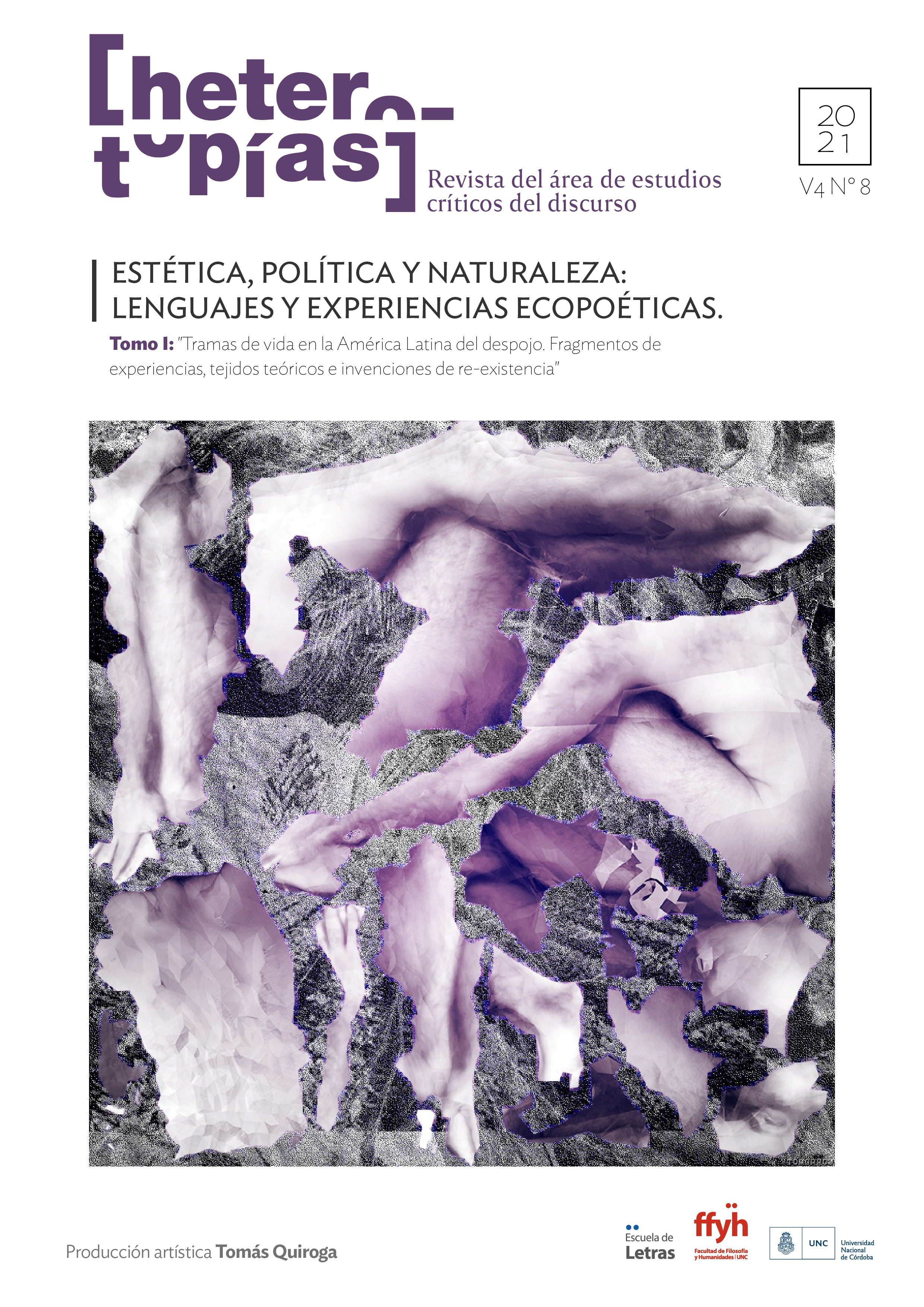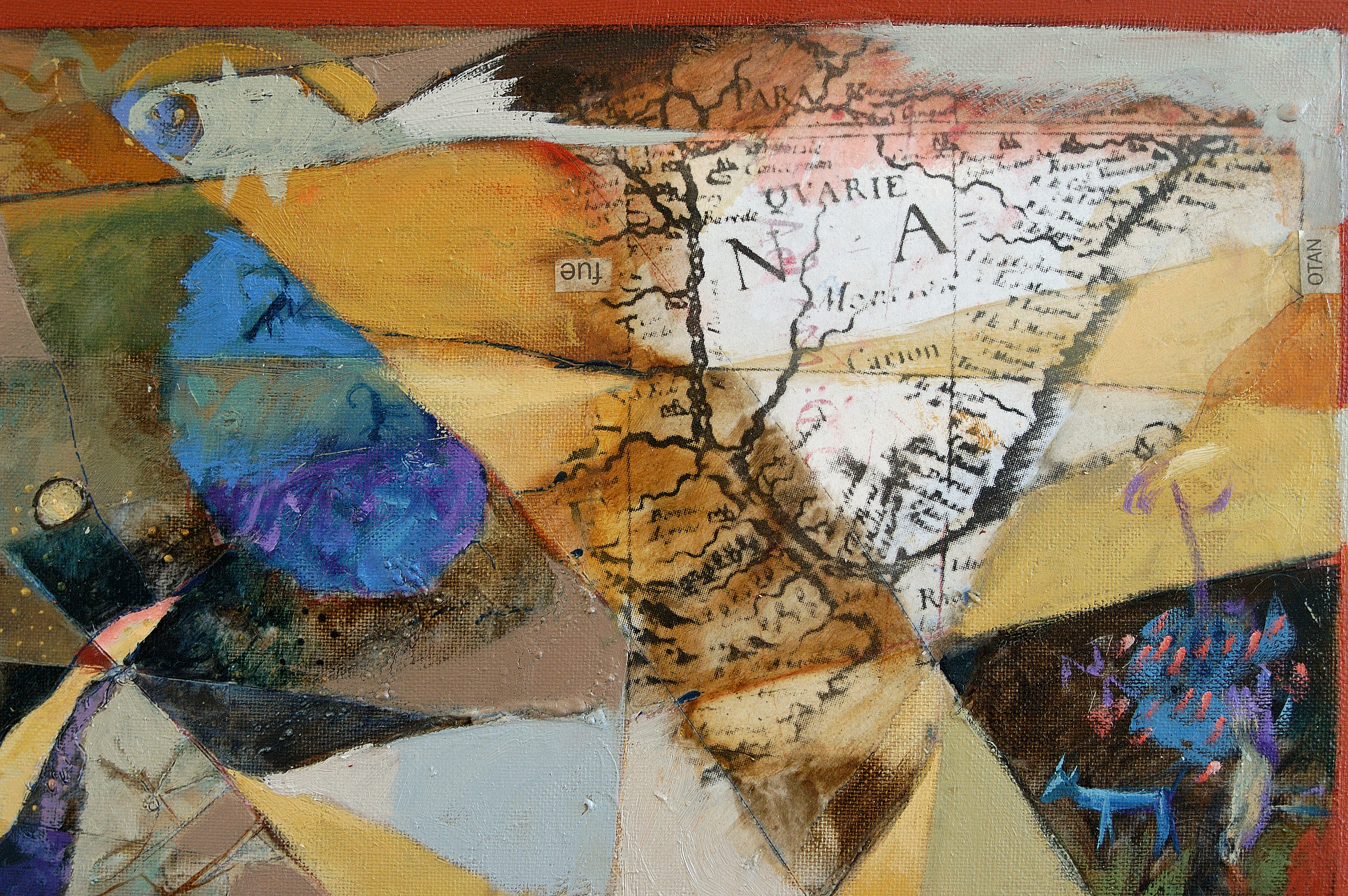The problematization of the relations between the civilizing model, the logics of accumulation of transnational capital based on extractivism and the emergence of resistance movements and dissident processes in the face of the advance and expansion of its frontiers undoubtedly crosses our contemporary condition and brings into focus the questioning of the (im)possible ways of interweaving the parental of human lives with the non-human (Haraway) in conditions of existence where nature is both limit and horizon.
Although the multidimensionality of the impacts on subjectivities, bodies, territories and ways of life, as well as the kidnapping of languages, cultures and vital semantics are deployed at a global level, it is no less evident that the vectors of violence are intensified regionally, understanding that the concentration in areas of exploitation - mining, gas, oil, soybean, etc. - as well as the phenomena of transference and the phenomena of the transfer of knowledge and knowledge to other areas of the world. as well as the phenomena of transfer, hoarding, privatization by financialization of land, etc., show a concentration in areas and regions, typical of de facto groups (Sklair), which form macro and micro biopolitical devices that transcend national states, geo-referenced democracies, actually existing, and even the limits of citizenship, in processes of regressivity of rights, multifactorial and multiscalar.
This scenario, which requires semiotic, juridical and economic regimes, also boasts, as its reverse and potencies, a vigorous panoply of experiences of cut, disruption, dissidence (Guattari), with respect to the dominant symbolic-imaginary ones, to the devices of monolingualism and the control of possible worlds, in fields of experiences that explore, invent, test vectors of subjectivation/intersubjectivity of sensibilities and other affections, from communal and societal experiences -other politics of (in)equality-, and also from art and the critical thought of human and social sciences, inscribing -in what is pretended to be desert, emptiness, wasteland, and configurations of "efficient territories"-, other languages of valuation (Martínez Alier, Leff) and plurisemiotic enunciations that intervene the distributions of the sensible (Rancière) from dissidences and the search for the opening of possible worlds.
Translated with www.DeepL.com/Translator (free version)
Published: 2021-12-27

